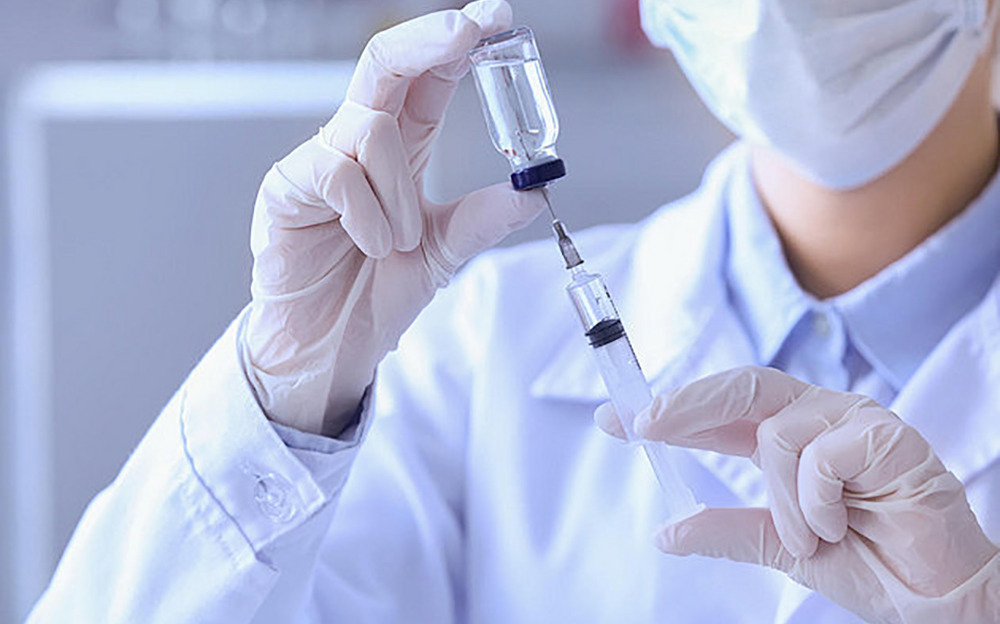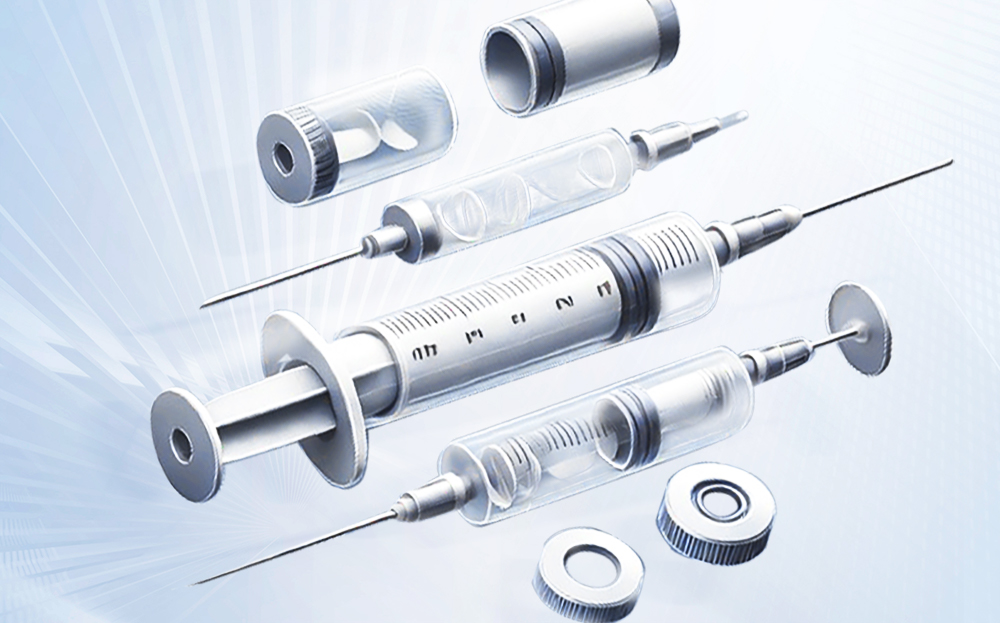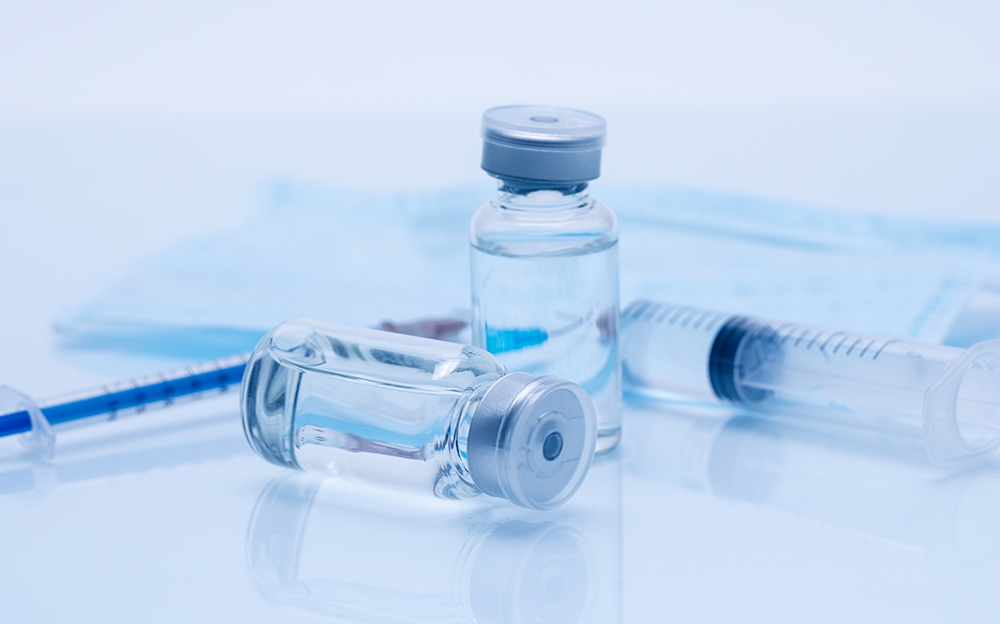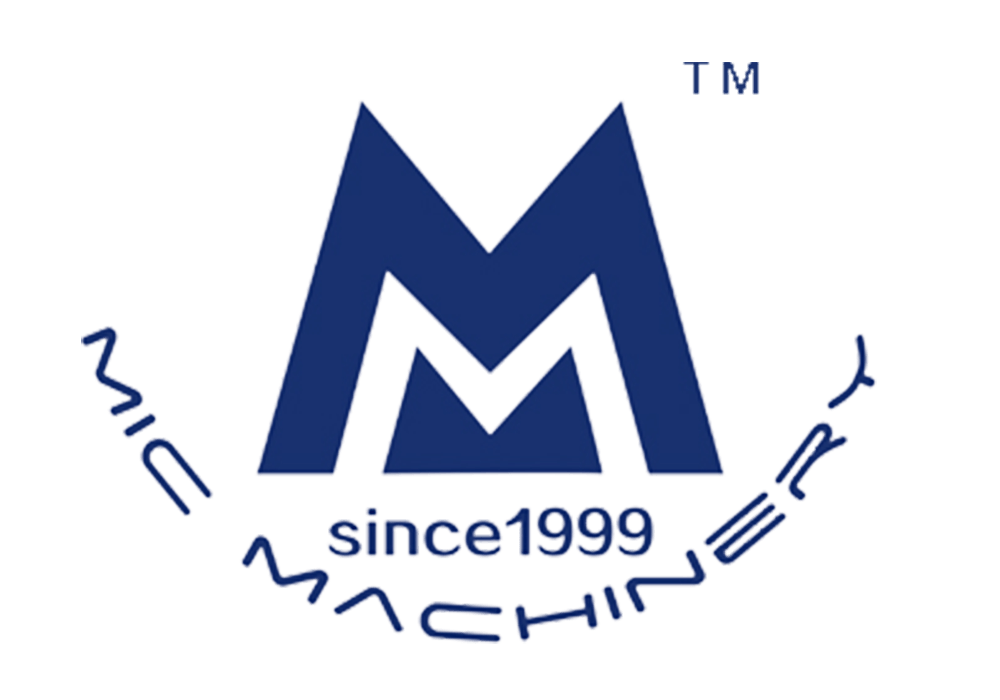Syringe Filling Machine: The Perfect Combination of Technology and Health
Syringes play a vital role in the medical field, serving as essential tools for vaccine administration, drug delivery, and various other healthcare applications. As the demand for precision and safety in medical treatments increases, advancements in syringe manufacturing technology have significantly improved production efficiency, quality, and safety standards. The development of syringe filling machines is a key innovation, revolutionizing the way syringes are produced and ensuring consistent quality in the healthcare industry.

Structure and Function of a Syringe
A syringe consists of several critical components:
·Barrel (Cylinder): Holds the liquid medication or vaccine.
·Plunger (Piston): Creates pressure to push or draw liquid into the syringe.
·Needle: Delivers the medication to the patient.
·Hub: Connects the needle to the syringe barrel securely.

There are various types of syringes designed for different medical applications:
· Disposable Syringes: Designed for single use to prevent contamination and infection.
· Reusable Syringes: Made from durable materials that can be sterilized and used multiple times.
· Prefilled Syringes: Preloaded with medication, reducing preparation time and enhancing patient safety.

How Syringe Filling Machines Work
Syringe filling machines are designed to produce syringes with high precision and efficiency, ensuring sterile and safe products. The manufacturing process includes:
1.Material Selection: High-quality medical-grade plastics and stainless steel are used to ensure safety and durability.
2.Injection Molding: The syringe barrel and plunger are molded using precision machinery.
3.Assembly: The components are automatically assembled under controlled conditions.
4.Filling and Sealing: The machine accurately fills the syringes with liquid medication or vaccines and seals them to maintain sterility.
5.Quality Inspection: Advanced sensors and automated inspection systems detect defects, ensuring compliance with medical standards.
These machines operate in high-speed production lines, reducing human error and maintaining consistent product quality.
Role of Technological Innovation in Syringe Production
Automation and IoT Integration have significantly enhanced syringe manufacturing:
·Automation Technology: Reduces labor costs, improves production speed, and ensures precise filling and sealing of syringes.
·Internet of Things (IoT): Enables real-time monitoring and data analysis of production lines, optimizing efficiency and reducing waste.
·AI-Based Quality Control: Machine learning algorithms detect even the smallest defects, ensuring each syringe meets medical standards.
Quality Control and Safety Standards
Ensuring the safety and sterility of syringes is crucial. Key aspects include:
·Sterile Production Environment: Manufacturing occurs in cleanrooms to prevent contamination.
·Material Purity: Only medical-grade plastics and rubber components are used.
·Compliance with International Standards: Syringes must meet regulations such as ISO 13485 (medical device quality management) and FDA requirements.
·Batch Testing: Each batch undergoes rigorous inspection for leak-proof seals, dosage accuracy, and sterility verification.
Sustainable Development in Syringe Manufacturing
As environmental concerns grow, manufacturers are adopting eco-friendly solutions in syringe production:
Recyclable and Biodegradable Materials: New materials help reduce plastic waste.
Energy-Efficient Production: Modern machines consume less power, lowering the carbon footprint.
Green Manufacturing Practices: Water and energy consumption are optimized through advanced process control systems.
Future Trends and Market Prospects
The syringe manufacturing industry is expected to grow due to:
Increased Demand for Vaccines: Global vaccination programs continue to expand, driving demand for high-quality syringes.
Personalized Medicine: Customized syringes for specific treatments and biologics are becoming more common.
Advancements in Drug Delivery Systems: Prefilled and smart syringes with electronic tracking are emerging.
According to market research, the global syringe market is projected to reach billions of dollars in the coming years, reflecting continuous advancements and increasing healthcare needs.
Conclusion
Syringe filling machines are revolutionizing the medical industry, enhancing production efficiency, ensuring high-quality manufacturing, and improving public health safety. As technology advances, the future of syringe production will focus on automation, sustainability, and personalized healthcare solutions. Investing in cutting-edge manufacturing technology is essential for medical companies looking to stay ahead in this fast-growing industry.
For businesses in the medical equipment sector, adopting innovative syringe filling machines is a strategic move toward improving healthcare quality and meeting global medical demands.
